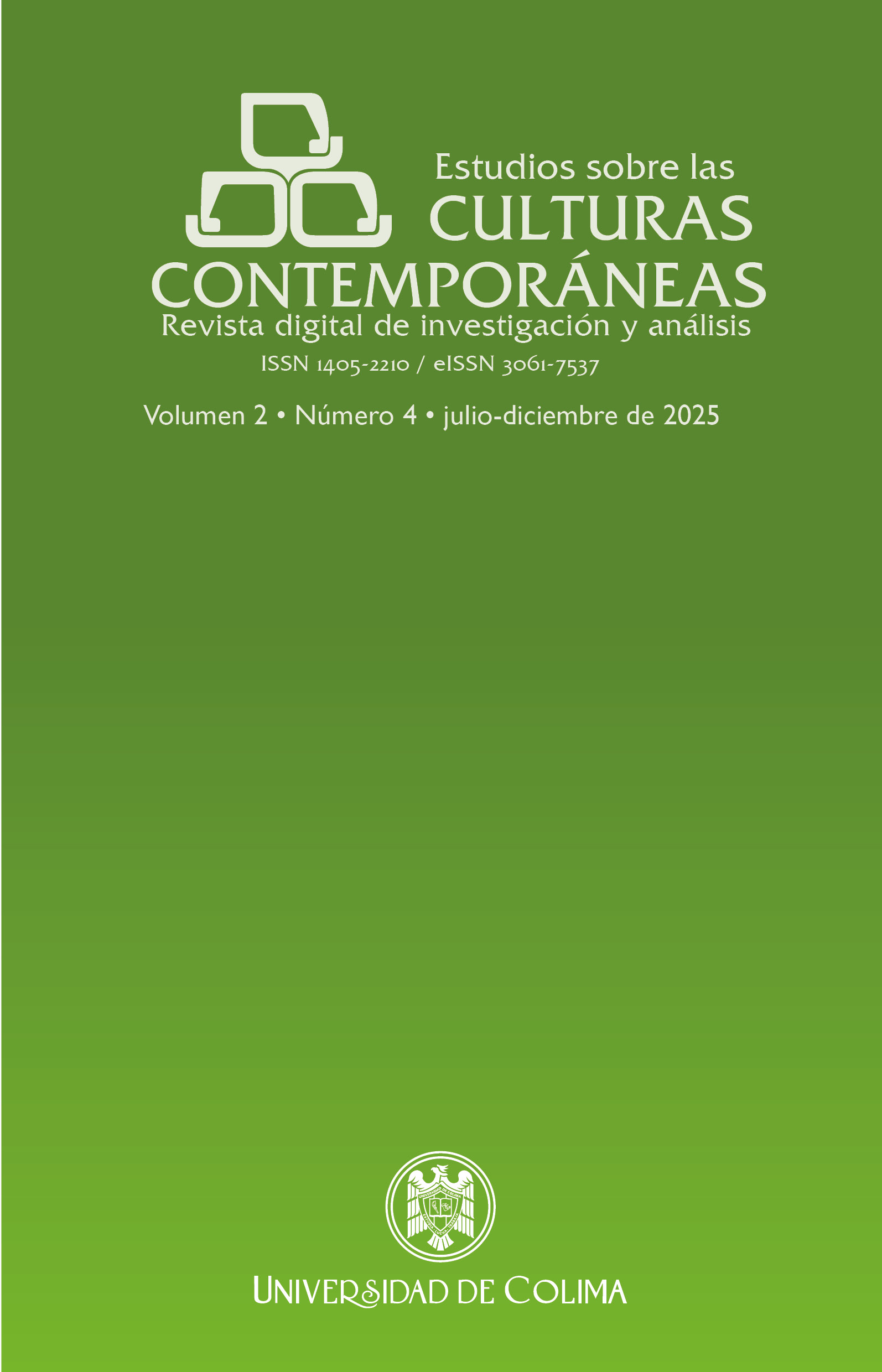The American far Right and Globalization’s Wounds
DOI:
https://doi.org/10.53897/RevESCC.2025.4.05Keywords:
Globalization, wounds, United States of America, Society, Far-rightAbstract
The aim of this essay is to provide an explanation for the rise of Trump and the American far right, focusing on the wounds that globalization has inflicted on society, especially on the average citizen. The method consists in systematizing some reflections under a common thread: the sense of loss of the culture and way of life that once made one proud of one’s nation. The results suggest that these losses are a) the former economic life of the working classes and small entrepreneurs; b) the community life of entire villages, which has seriously undermined democracy ‘from below’; c) traditional culture and morality; and d) the land of parents and grandparents. Repairing these losses constitutes the bulk of Trump’s agenda: a) no ecology; b) no migration; c) no open trade (tariffs); d) no US corporations abroad; e) basic gender morality; f) no more bureaucracy; and g) MAGA (Make America Great Again), which means regaining US economic and military hegemony; reviving territorial expansionism; and forcing all nations back into submission to US desires and interests.
Downloads
Metrics
References
Bauman, Z. (2005). Amor Líquido. Acerca de la fragilidad de los vínculos humanos. FCE.
Brounstein, J-F. (2024). La religión woke. La esfera de los libros.
Chacholiades, E. (1989). Economía Internacional. Mac Graw-Hill.
Descartes, R. (1637/2020). El Discurso del Método y Meditaciones Metafísicas. [EPub].
Durkheim, E. (2012). La división del trabajo social. Siglo XXI
Fajnzylber, F. (1983). La industrialización trunca de América Latina. Nueva Imagen.
Fraser, N. y Honneth, A. (2006). ¿Redistribución o reconocimiento? Un debate político-filosófico. Ediciones Morata.
Hochschild, Arlie Russell. (2016). Stranger in Their Own Land. Anger and Mouring on The Amercian Right. The New Press.
Honneth, A. (2009). Reconocimiento y menosprecio. Sobre la fundamentación normativa de una teoría social. Katz Editores.
Honneth, A. (1995). The Struggle for Recognition. The Moral of Social Conflicts. Cambridge, MIT Press. https://doi.org/10.2307/jj.18253805.13 DOI: https://doi.org/10.2307/jj.18253805.13
Jefferson, T. (1776). Declaración de Independencia de los Estados Unidos de América. https://archivos.juridicas.unam.mxwww/bjv/libros/6/2698/22.pdf.
Kant, E. (1785/2020). Fundamentación de la metafísica de las costumbres. Titivilus.
Lipovetsky, G. (2002). El Crepúsculo del deber. La ética indolora de nuevos tiempos democráticos. Anagrama.
Lopez-Calva, L. P. y Lustig, N. (2009). The recent decline of inequality in Latin America: Argentina, Brazil, Mexico and Peru, ECINEQ WP 2009 – 140.
Lyotard, J. F. (1987). La Postmodernidad (explicada a los niños). Gedisa.
Marx, C. (1844/1970). Los manuscritos económico-filosóficos de 1844. Grijalvo.
Marx, C. (1867/2014). El Capital. Crítica de la Economía Política. T.I. Fondo de Cultura Económica.
Millán, H. (1998). Neoliberalismo y transición en México. El Colegio Mexiquense.
Moscoso, J. (2005). Ciencia y técnica en la Enciclopedia de Diderot y D´ Alambert. Nivola Libros y Ediciones.
Neiman, S. (2024). La izquierda no es woke. Debate.
Pico della Mirandolla, G. (1486/2011). Discurso sobre la dignidad del hombre. Editorial π.
Piketty, T. (2014). Capital in the Twenty-First Century. The Belknap Press of Harvard University Press. https://doi.org/10.4159/9780674369542 DOI: https://doi.org/10.4159/9780674369542
Putnam, R. (2000). Bowling Alone: The Collapse and the Revival of American Community. Simon and Schuster. https://doi.org/10.1145/358916.361990 DOI: https://doi.org/10.1145/358916.361990
Rizzi, A. (2025). La era de la revancha. Editorial Anagrama.
Rousseau, J. J. (1762/1976). El Contrato Social. Porrúa.
Sennett, R. (2000). La corrosión del carácter. Las consecuencias personales del trabajo en el nuevo capitalismo. Anagrama.
Taylor, CH. (1992/2009). “La política del reconocimiento” en El multiculturalismo y la política del reconocimiento. FCE.
Thurow, L. (1992). La guerra del siglo XXI. Vergara.
Tocqueville, A. (1835/2020). La democracia en América. FCE.
Wallerstein, I. (1979). El moderno sistema mundial. La agricultura capitalista y los orígenes de la economía-mundo del siglo XVI. Siglo XXI.
Wallerstein, I. (1998). Análisis del sistema-mundo. Una introducción. Siglo XXI.
Wokler, R. (2001). Rousseau. A Very Short Introduction. Oxford University Press. https://doi.org/10.1093/actrade/9780192801982.001.0001 DOI: https://doi.org/10.1093/actrade/9780192801982.001.0001
Published
How to Cite
Issue
Section
Categories
License
Copyright (c) 2025 Henio Millán Valenzuela

This work is licensed under a Creative Commons Attribution-NonCommercial-ShareAlike 4.0 International License.
Estudios sobre las Culturas Contemporáneas permite distribuir, remezclar, adaptar y crear a partir del material en cualquier medio o formato, únicamente con fines no comerciales y siempre que se le dé crédito al creador. Si remezcla, adapta o crea a partir del material, debe licenciar el material modificado bajo términos idénticos. CC BY-NC-SA, incluyendo los siguientes elementos:
BY: se debe dar crédito al creador.
NC: Solo se permiten usos no comerciales de la obra.
SA: Las adaptaciones deben compartirse bajo los mismos términos.










